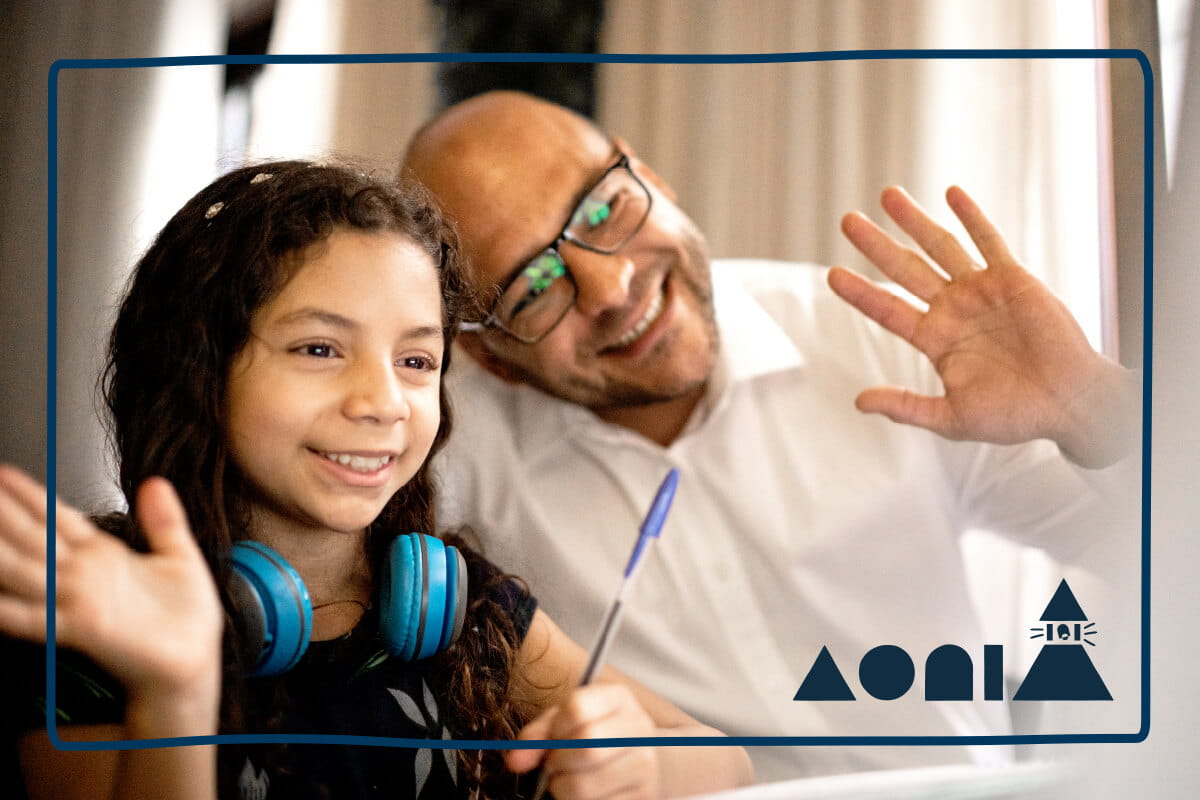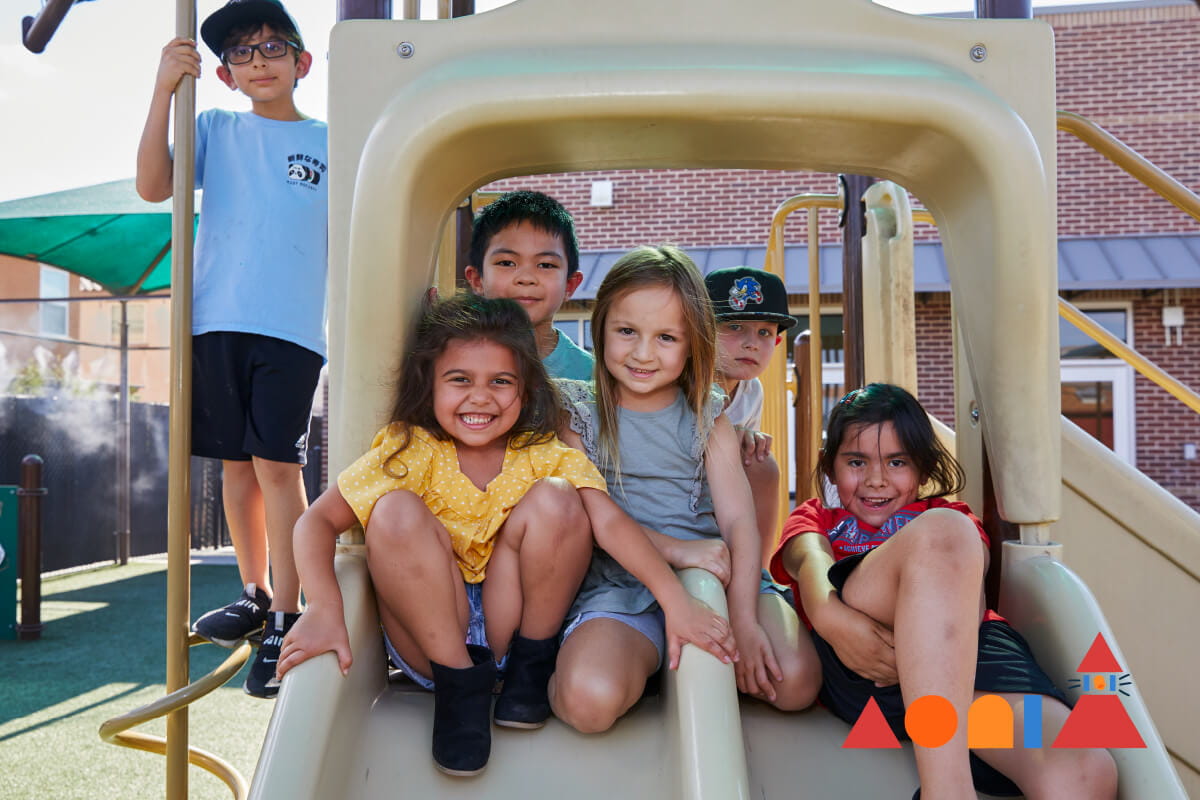Pandemic Parenting: 5 Ways to Keep Kids Learning
5-minute read
As we close the first year of the pandemic, families have risen to every challenge. But in KinderCare’s recent Parent Confidence report, 71% of parents with school-age children (ages 6-12) are worried about the long-term educational impacts. Kate Jordan-Downs, KinderCare’s Senior Director of Education, shares five ways to keep kids learning and progressing:
- Connect with the teacher to see what their learning goals are and ways to make connections with the curriculum at home.
- For younger kids, ask about their favorite classroom centers for some insight into their interests and passions. And talk to your school-age child about their easiest and hardest subjects, then brainstorm how to make the hard stuff more fun.
- Use their passions and strengths to give them extra support and motivation.
- Schedule time for some hands-on activities together that will serve as a mental health check-in.
- Give yourself—and your child—a break when you need it.
As we close the first year of the pandemic, families have risen to every challenge. We see you and you are not alone—in our second-annual Parent Confidence Report, 58% say that pandemic parenting is relentless and isolating, and their regular support systems have disappeared—making this the most stressful time in their lives.
We know many of you are thinking about the long-term educational and mental health impact on your children—and you are not alone. 71% of parents with school-age children (ages 6-12) are worried about learning loss. And 61% of parents feel they are constantly choosing between isolating their child for the sake of their physical health or risking illness in order to encourage their child’s social-emotional development.
Kate Jordan-Downs, KinderCare’s Senior Director of Education, is here to help you meet this moment for your family by providing five tips to keep kids learning and progressing during the pandemic.

1. Connect with the Teacher
Schedule time with your child’s teacher to see what their learning goals are for the year and how you can make connections with the curriculum at home. Also, share your child’s strengths and best learning practices, and ask the teacher about areas where your student could use a little extra help and how you can support them. And if you can’t do one more Zoom call, why not start the conversation over email instead?
2. Talk it Out
Chat with your child about their favorite and least favorite parts of school. For younger kids, see what learning centers they really enjoy, and the ones that they don’t. From blocks to dress up to library, you will find out what they are most interested in and passionate about. If you have a school-aged student, ask open-ended questions so they will give you more than a one-word answer about their easiest and hardest subjects. Together, brainstorm ways to make the hard stuff easier or more fun—this would be great to share with their teacher, too!


3. Explore their Strengths
Now that you know how your child learns best and what they find hard at school, use their passions and interests to give them extra support. For example, if they are struggling with reading but love to tell stories, help them write a story, then have them read their tale to friends and family over FaceTime.
4. Monitor Emotional & Mental Health
When we’re filled with anxiety and uncertainty, it’s very hard for our brain to focus on much else. Activities and personal interactions have become limited by COVID, which can impact mental health, so schedule time for some hands-on activities you can do together. Take a walk, have a game night, or have a dance-off. It can give kids an outlet for any pent-up feelings, and it helps strengthen your relationship at the same time.
5. Take A Break
Don’t add unnecessary pressure and give yourself—and your child—a break. Take advantage of the everyday teachable moments that connect with some of the learning outcomes they have at school. Try cooking a family meal together using measuring and math skills, read a great book, listen to music and discuss the lyrics and melody, or watch your favorite movie or TV show, then talk about the characters and plot—they will be learning, connecting, and enjoying every minute of it without the pressure of “school stuff.”
![]()
By working together and creating a support system at home and at school, children can work to overcome learning loss while increasing their confidence.




